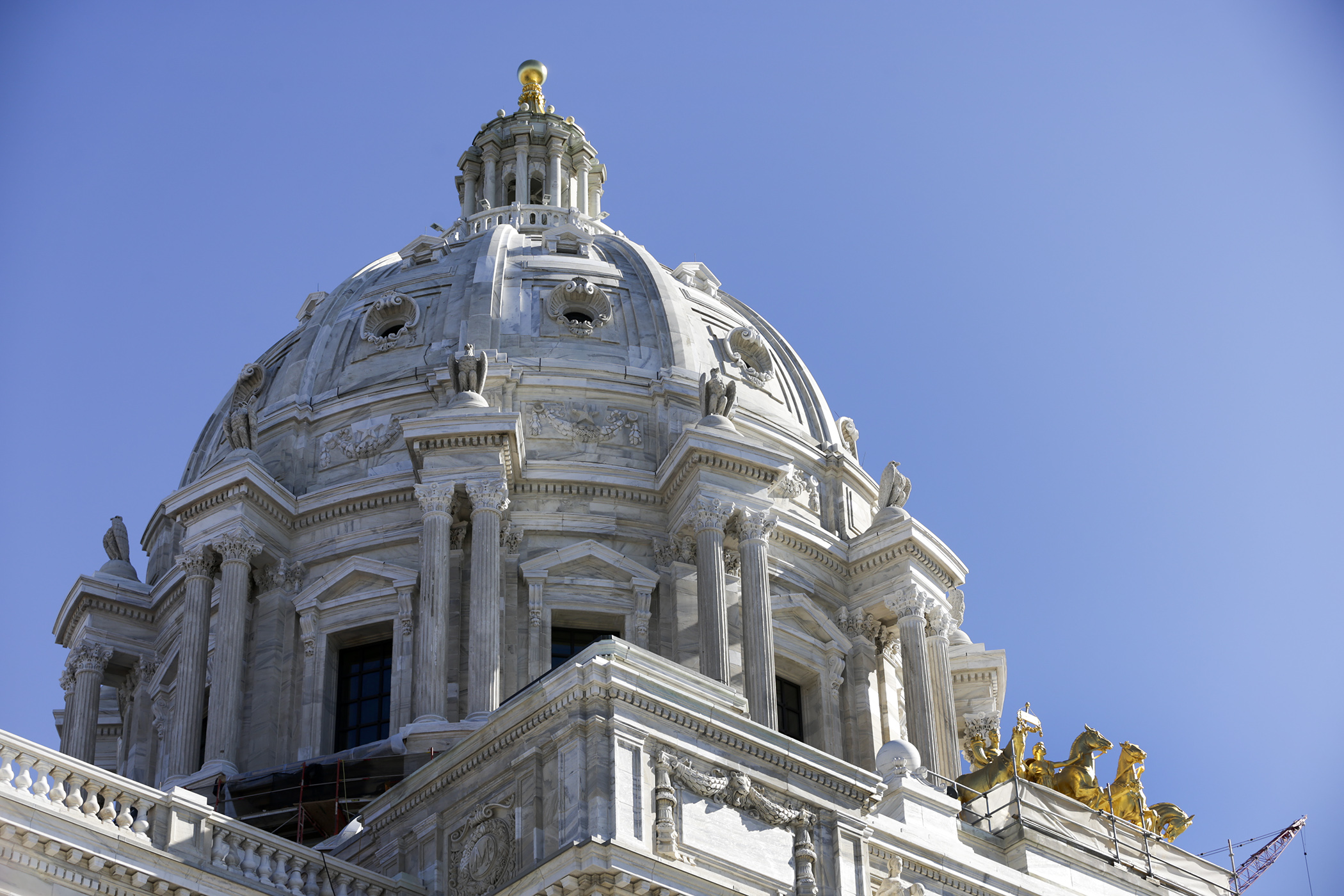House Taxes Committee sends its final bill onward

While the 2023 tax law was mostly about targeted tax relief for lower earners and higher tax rates for those at the other end of the income spectrum, the product of this year’s work by the House Taxes Committee chiefly came down to improvements and enhancements for state tax policies already on the books.
But there was still a fair amount of controversy Friday, as eight proposed amendments to the 2024 House tax bill were voted down, each on a party-line vote. In the end, the committee approved the bill by the same 12-9 party-line vote and referred it to the House Ways and Means Committee.
Sponsored by Rep. Aisha Gomez (DFL-Mpls), replaced by a delete-all amendment and further amended, HF5247 would make last year’s child tax credit available to households with 18-year-olds and make it possible to stagger the credit over the course of multiple payments. It would also allow seniors to receive advance payments on their homestead credits, and direct the Department of Revenue to develop a tax preparation program that would be free for most filers.
[MORE: See more of what’s in the bill and view the spreadsheet]
Friday’s debate dealt with eight amendments, all unsuccessfully proposed by Republicans. One from Rep. Patti Anderson (R-Dellwood) would have eliminated the bill’s section calling for public disclosure of some corporate tax information.
“This is likely to end up being litigated and it’s likely unconstitutional,” Anderson said. “We would be the only state in the nation that requires this. … We have passed numerous provisions that have harmed companies over the past 15 months. This is just the icing on the cake. This will make businesses make the decision to leave and not do business in Minnesota.”
Rep. Mike Wiener (R-Long Prairie) suggested the same could result if a corporate tax base erosion study is commissioned from the Department of Revenue. He proposed an amendment that would have removed that language from the bill.
Rep. Michael Howard (DFL-Richfield) objected to how Anderson and Wiener conveyed the state’s business climate.
“We just had an amazing jobs report here in Minnesota a couple days ago,” he said. “Our economy, the fundamentals of it, especially for corporations, is quite strong and growing. At some point, we have to stop listening to the boy who cried wolf on this stuff.”
Rep. Greg Davids (R-Preston) proposed amendments that would have removed language establishing nonconformity to the federal tax code on certain worker classification rules; making the commissioner of Iron Range resources and rehabilitation the sole issuer of a type of revenue bonds; and binding the revenue commissioner to Tax Court opinions.
An amendment from Rep. Bjorn Olson (R-Fairmont) would have increased the exclusion amount for homesteads of veterans with a disability. Gomez said the measure would be prohibitively expensive for most taxpayers, with the Department of Revenue estimating in 2022 that it would cause a $3 billion shift in property taxes.
Gomez made a similar argument against an amendment from Rep. Chris Swedzinski (R-Ghent) that would have provided an exemption for certain property owned? or leased by congressionally chartered veterans organizations: That it would shift too much of the property tax burden to other local taxpayers.
Rep. Kristin Robbins (R-Maple Grove) sponsored one that would have authorized certain organizations to use gross profits from lawful gambling for repair, maintenance or improvement of real property? or capital assets. Rep. Dave Lislegard (DFL-Aurora) said the same language will appear in a bill on sports betting.
Related Articles
Search Session Daily
Advanced Search OptionsPriority Dailies
Speaker Emerita Melissa Hortman, husband killed in attack
By HPIS Staff House Speaker Emerita Melissa Hortman (DFL-Brooklyn Park) and her husband, Mark, were fatally shot in their home early Saturday morning.
Gov. Tim Walz announced the news dur...
House Speaker Emerita Melissa Hortman (DFL-Brooklyn Park) and her husband, Mark, were fatally shot in their home early Saturday morning.
Gov. Tim Walz announced the news dur...
Lawmakers deliver budget bills to governor's desk in one-day special session
By Mike Cook About that talk of needing all 21 hours left in a legislative day to complete a special session?
House members were more than up to the challenge Monday. Beginning at 10 a.m...
About that talk of needing all 21 hours left in a legislative day to complete a special session?
House members were more than up to the challenge Monday. Beginning at 10 a.m...